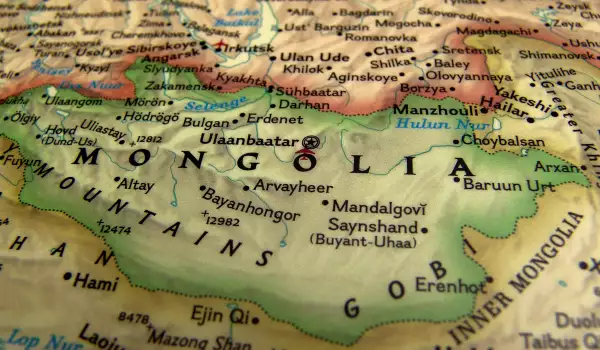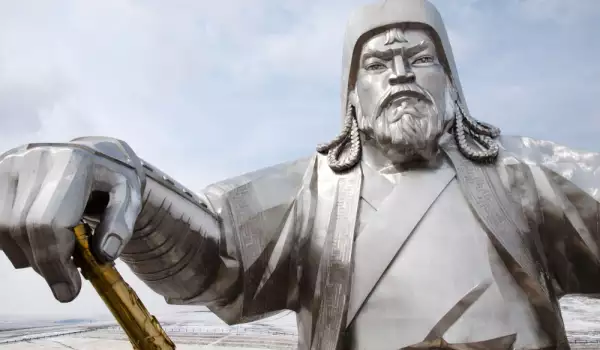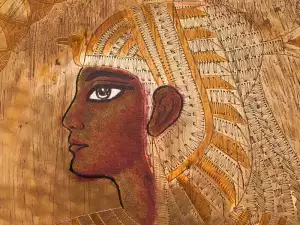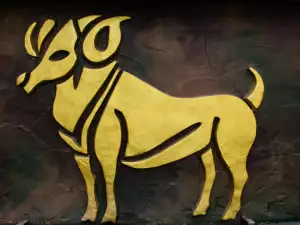Undoubtedly one of the most controversial historical figures is the founder of the Mongol empire - Genghis Khan. He's been accredited with countless atrocities, the destruction of entire empires, cultures and nations, but also many acts of heroism and deeds that contributed to the development of civilization. Genghis Khan is a hero in Mongolia, some parts of China and Central Asia, while also a symbol of absolute evil in Iran, Uzbekistan, Russia and Ukraine.
Recently, world famous historian, English professor and Nobel prize nominee Frank McLynn, attempted to present a clear historical view of the historical figure and achievements of the Mongolian Khagan in his book Genghis Khan: His Conquests, His Empire, His Legacy. In it he tells of the 5 most widespread myths about the ruler.
Myth 1 - Genghis Khan was an evil tyrant
While analyzing the numerous Mongolian, Arabic and Persian sources, McLynn discovered that Genghis Khan was not a bloodthirsty tyrant. Medieval chronicles describe him as a complex individual, who reacted depending on the situation and his mood. Of the khan the old authors wrote that he was clever, prescient, kind, stoic, tempered but with an iron will.
He was a multifunctional person with all the qualities of a great warlord. In terms of the claims that he was a tyrant, McLynn reminds us that the ruler lived during the Middle Ages, when absolute monarchy was the norm of rule and earning and keeping the crown required tough measures.
Myth 2 - The cruelty of Genghis Khan was boundless, bordering psychopathy
This is McLynn's most controversial thesis. The author justifies the actions of Genghis Khan with the fact that the emperor was a product of his time, when murdering several thousand prisoners was within the range of normal. He even gives the examples of Basil II, or Bulgar Slayer, who blinded 14 000 Bulgarian prisoners of war; as well as the Western Europeans of the First Crusade, who killed the Muslims in Antioch and Jerusalem. But there's no mention of the fact that roughly 53% of the cities in Asia that existed before Genghis Khan are nothing but archaeological ruins today.

Myth 3 - Genghis Khan's "surrender or die" policy was a crime against humanity
The Mongols believed they were the chosen people to rule the entire world. Despite their huge ambitions, they turned out to be a minority in comparison to their mighty conquests. According to McLynn, this policy was born of the constant need to fill gaps in their undefeatable army and to protect against uprisings in the provinces that had become part of the empire while they were on the march.
Myth 4 - The Mongols' success was due to their vast army
According to McLynn, this is the biggest myth about Genghis Khan. Up until the ascension of Kublai Khan, the Mongolians always faced an enemy that outnumbered them. An example includes the conquering of 100-million-strong North China by Mongolia's 2 million.
Myth 5 - Nearly all of the populations of Asia and Eastern Europe descent from Genghis Khan
Geneticists have found that about 0.8% of the population of Asia have an identical Y-chromosome, showing the possibility of a common ancestor living around the year 1000 A.D. This means that about 0.5% of the world's population has a common ancestor and that Genghis Khan has 16-17 million descendants.
The Khan had a massive harem but a difference of 2 centuries puts the theory at odds. The fact that the population on Earth was so low initially and is so huge now, links everyone, more or less, to a shared ancestor, writes the author.











